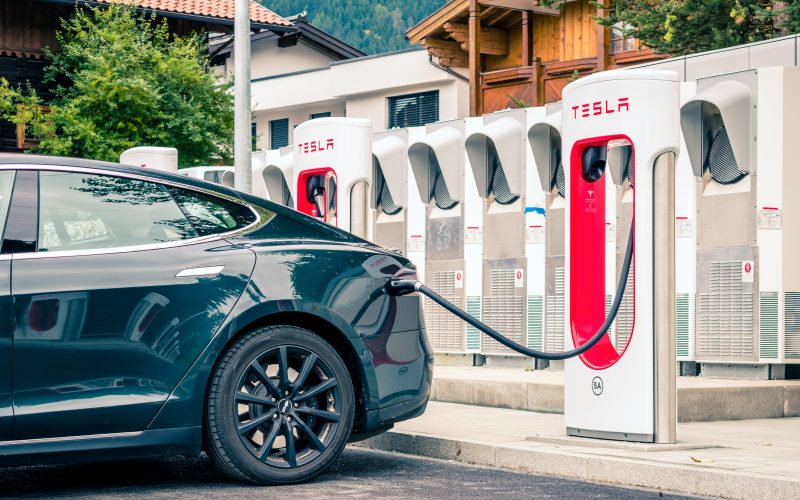Tesla’s dominance in the U.S. electric vehicle market declined, with its market share dropping below 50% in the second quarter of the year, down from 59.3% a year earlier, as reported by research firm Cox Automotive.
This marked the first time the company’s market share fell below 50% in a quarter, indicating a shift in the competitive landscape.
The big picture: General Motors, Ford Motor Co., Hyundai, and Kia gained momentum in the electric vehicle market, contributing to Tesla’s decrease in market share.
- Established carmakers have been introducing electric vehicles with competitive driving range and acceleration, challenging Tesla’s historical advantages.
- U.S. electric vehicle sales reached a record high, climbing by 11.3% from the previous year. This growth showcased healthy consumer demand for electric vehicles, with over 330,000 electric cars and light trucks sold or leased during the quarter, accounting for 8% of all new cars sold or leased, compared to 7.2% a year earlier.
- The rise in electric vehicle sales was attributed to the availability of over 100 electric models in the United States, along with falling prices and increased model variety. The competition among automakers has led to price pressure, contributing to higher electric vehicle adoption rates.
- Established carmakers such as BMW and Ford, with their extensive dealer networks and accessibility for maintenance and repairs, have become popular choices for consumers purchasing electric cars, potentially at the expense of Tesla. In contrast, Tesla’s online sales model and limited service centers have posed challenges for consumers seeking repairs.
Driving the news: Despite Tesla’s previous dominance, its aging vehicle lineup, particularly the limited range of electric model options, has contributed to a decline in sales. General Motors, in contrast, has begun rolling out purpose-built electric vehicles and is utilizing domestically produced batteries, further intensifying competition within the electric vehicle market.
- Tesla’s global sales fell by 4.8% to approximately 444,000 in the second quarter, with U.S. sales estimated to have decreased by 6.3% to 175,000 cars. The company’s sales have been impacted by the aging lineup and increased competition from other automakers.
- While the electric vehicle market continues to grow, not all carmakers are experiencing benefits. For instance, electric models from Mercedes-Benz, Polestar, Porsche, and Volvo declined in the second quarter. Despite this, the market for hybrid vehicles has been growing, potentially due to the availability of a national public charging network.











